The Power of Precision: Understanding Jewelry Price Calculators
Related Articles: The Power of Precision: Understanding Jewelry Price Calculators
Introduction
With enthusiasm, let’s navigate through the intriguing topic related to The Power of Precision: Understanding Jewelry Price Calculators. Let’s weave interesting information and offer fresh perspectives to the readers.
Table of Content
The Power of Precision: Understanding Jewelry Price Calculators
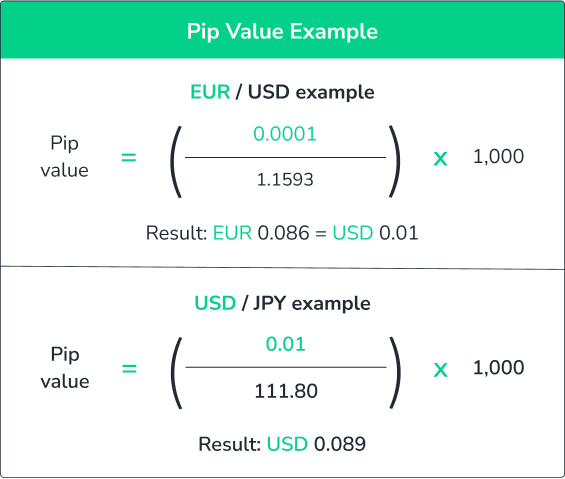
In the world of jewelry, where intricate designs and precious materials intertwine, determining the true value of a piece can be a complex endeavor. Fortunately, the emergence of jewelry price calculators has revolutionized the way individuals, businesses, and even experts assess the cost of these exquisite creations.
This article delves into the intricate workings of jewelry price calculators, exploring their fundamental components, diverse applications, and the advantages they offer. It examines the key factors influencing jewelry pricing, highlighting the importance of transparency and accuracy in the industry.
Unveiling the Mechanism: How Jewelry Price Calculators Work
At their core, jewelry price calculators are sophisticated tools that leverage a combination of algorithms and comprehensive databases to estimate the cost of jewelry based on a multitude of factors. These factors can be broadly categorized into three key areas:
1. Material Cost:
- Precious Metals: The price of gold, silver, platinum, and other precious metals fluctuates constantly. Calculators draw upon real-time market data to determine the current value of these materials per unit weight.
- Gemstones: The cost of gemstones, such as diamonds, sapphires, rubies, and emeralds, is influenced by their carat weight, clarity, color, and cut. Calculators utilize extensive databases containing information on various gemstones and their corresponding price ranges.
- Other Materials: Calculators also factor in the cost of materials used in jewelry making, such as settings, clasps, and other components.
2. Labor and Manufacturing Costs:
- Design Complexity: The intricacy of a jewelry design directly impacts the time and skill required for its creation. Calculators consider the complexity of the design, factoring in the labor cost associated with its fabrication.
- Manufacturing Process: The manufacturing process employed, whether traditional or modern, influences the overall cost. Calculators take into account the specific techniques used in creating the jewelry.
- Overhead Costs: Calculators incorporate overhead costs associated with the jewelry maker, including rent, utilities, and other expenses.
3. Additional Factors:
- Brand Value: Reputable brands often command a premium price due to their reputation, craftsmanship, and marketing efforts. Calculators may incorporate brand value into their calculations.
- Retail Markup: Calculators can account for the markup applied by retailers, reflecting the cost of operating a retail business and providing customer service.
- Market Trends: Fashion trends and consumer demand can influence the pricing of certain styles and designs. Calculators may incorporate these factors to reflect current market conditions.
A Multifaceted Tool: Applications of Jewelry Price Calculators
Jewelry price calculators are versatile tools with a wide range of applications, catering to the needs of various stakeholders in the industry:
1. Consumers:
- Informed Purchasing Decisions: Calculators empower consumers to make informed purchasing decisions by providing a realistic estimate of the value of a piece of jewelry.
- Price Comparison: Consumers can compare prices from different retailers using calculators, ensuring they receive a fair price for their purchase.
- Budget Planning: Calculators aid in budget planning by allowing consumers to estimate the cost of their desired jewelry piece, helping them stay within their financial limits.
2. Jewelers:
- Pricing Strategy: Calculators assist jewelers in developing a competitive pricing strategy based on accurate cost estimations.
- Inventory Valuation: Calculators help jewelers value their inventory, ensuring accurate financial reporting and tax calculations.
- Quotation Generation: Calculators streamline the process of generating quotes for customers, providing accurate and transparent pricing information.
3. Appraisers and Gemologists:
- Valuation Reports: Calculators provide valuable data for appraisers and gemologists when creating valuation reports for insurance purposes or estate planning.
- Market Analysis: Calculators help analyze market trends and pricing fluctuations, providing insights into the current value of gemstones and precious metals.
- Authenticity Verification: Calculators can assist in verifying the authenticity of jewelry by comparing the estimated value to market prices.
The Importance of Accuracy and Transparency
The accuracy and transparency of jewelry price calculators are paramount in ensuring their effectiveness and reliability. Several factors contribute to their accuracy:
- Real-Time Market Data: Calculators rely on real-time data from reputable sources to reflect current market prices for precious metals and gemstones.
- Comprehensive Databases: Extensive databases containing information on different gemstones, their characteristics, and price ranges are crucial for accurate calculations.
- Refined Algorithms: Sophisticated algorithms are employed to process the data and generate accurate cost estimations based on the specific factors considered.
Transparency is equally important:
- Clear and Concise Calculations: Calculators should provide a detailed breakdown of the factors influencing the price, allowing users to understand the reasoning behind the estimated value.
- User-Friendly Interface: Calculators should have an intuitive and user-friendly interface, making it easy for users to input information and understand the results.
- Accessible Information: Calculators should be readily available and accessible to a wide audience, promoting transparency and fair pricing in the jewelry industry.
FAQs: Addressing Common Queries about Jewelry Price Calculators
1. Are Jewelry Price Calculators Accurate?
Jewelry price calculators provide estimations based on the information provided. Their accuracy depends on the quality of the data used, the sophistication of the algorithms, and the specific factors considered. While calculators offer a valuable tool for estimating price, they should not be considered definitive or absolute.
2. What Factors Can Influence the Accuracy of a Jewelry Price Calculator?
The accuracy of a calculator can be influenced by factors such as the quality of the data used, the sophistication of the algorithms, the specific factors considered, and the user’s input. It’s essential to use reputable calculators based on comprehensive databases and up-to-date market information.
3. Can I Rely on a Jewelry Price Calculator for Insurance Purposes?
While calculators can provide an estimate, it’s generally recommended to consult with a qualified appraiser for insurance purposes. Appraisers consider factors beyond price calculations, such as the condition, rarity, and historical significance of the jewelry.
4. Are Jewelry Price Calculators Free to Use?
Many online jewelry price calculators are available for free. However, some calculators may require a subscription or payment for premium features.
5. How Do I Choose the Best Jewelry Price Calculator?
When selecting a jewelry price calculator, consider the following factors:
- Reputation and Credibility: Choose a calculator from a reputable source with a proven track record.
- Data Accuracy: Ensure the calculator uses real-time market data and comprehensive databases.
- Algorithm Sophistication: Look for calculators that utilize advanced algorithms to generate accurate estimations.
- User-Friendliness: Select a calculator with an intuitive interface and easy-to-understand instructions.
Tips for Using Jewelry Price Calculators Effectively
- Provide Accurate Information: Input the correct details about the jewelry, including the type of metal, gemstones, weight, and other relevant information.
- Compare Results: Use multiple calculators to compare estimations and identify any discrepancies.
- Consider Additional Factors: Remember that calculators may not account for all factors that influence price, such as craftsmanship, brand value, and market trends.
- Consult with Professionals: For complex or valuable jewelry pieces, it’s always advisable to consult with a qualified appraiser or jeweler.
Conclusion: Embracing the Power of Precision
Jewelry price calculators have emerged as invaluable tools for individuals, businesses, and experts alike. They provide a transparent and accurate way to assess the value of jewelry, facilitating informed decisions and fostering trust in the industry. While calculators offer valuable insights, it’s crucial to use them responsibly, considering their limitations and seeking professional advice when necessary. By embracing the power of precision, we can navigate the world of jewelry with greater confidence and understanding.

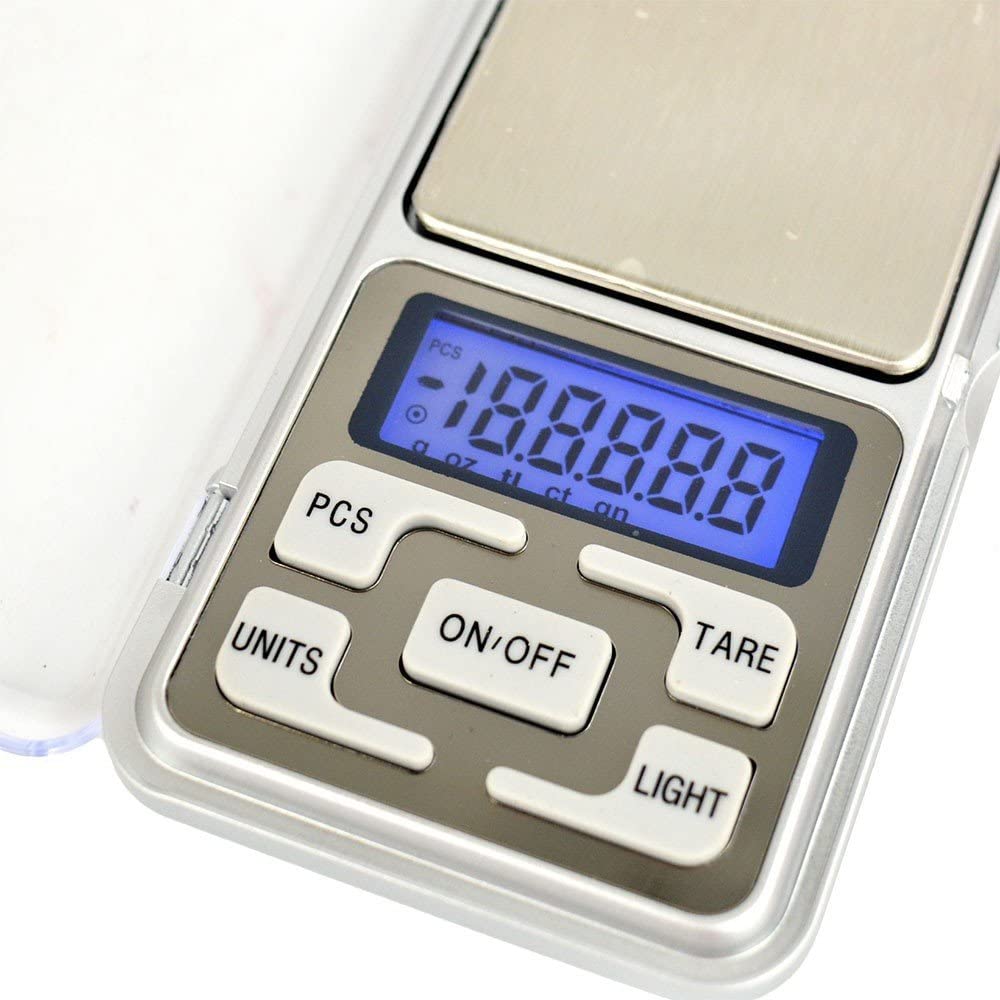

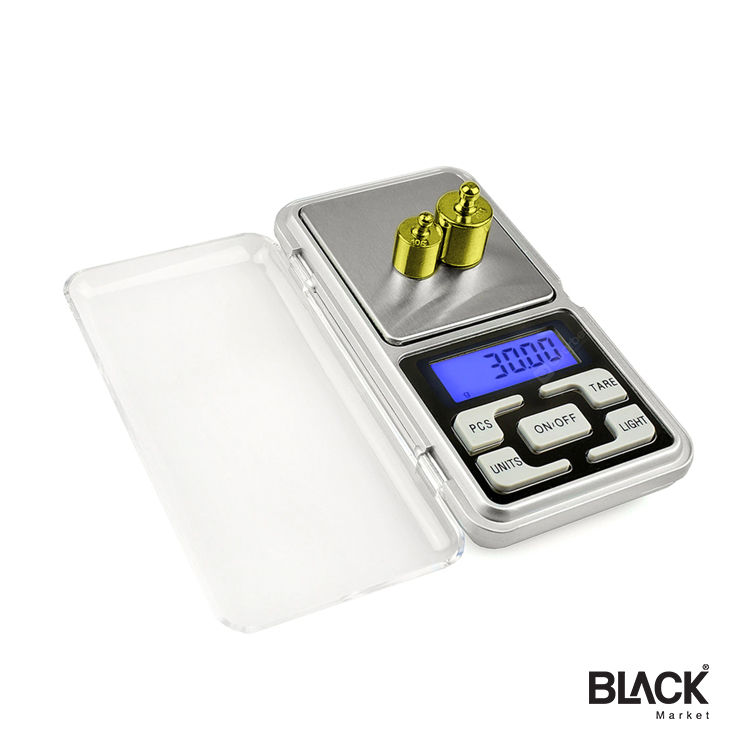
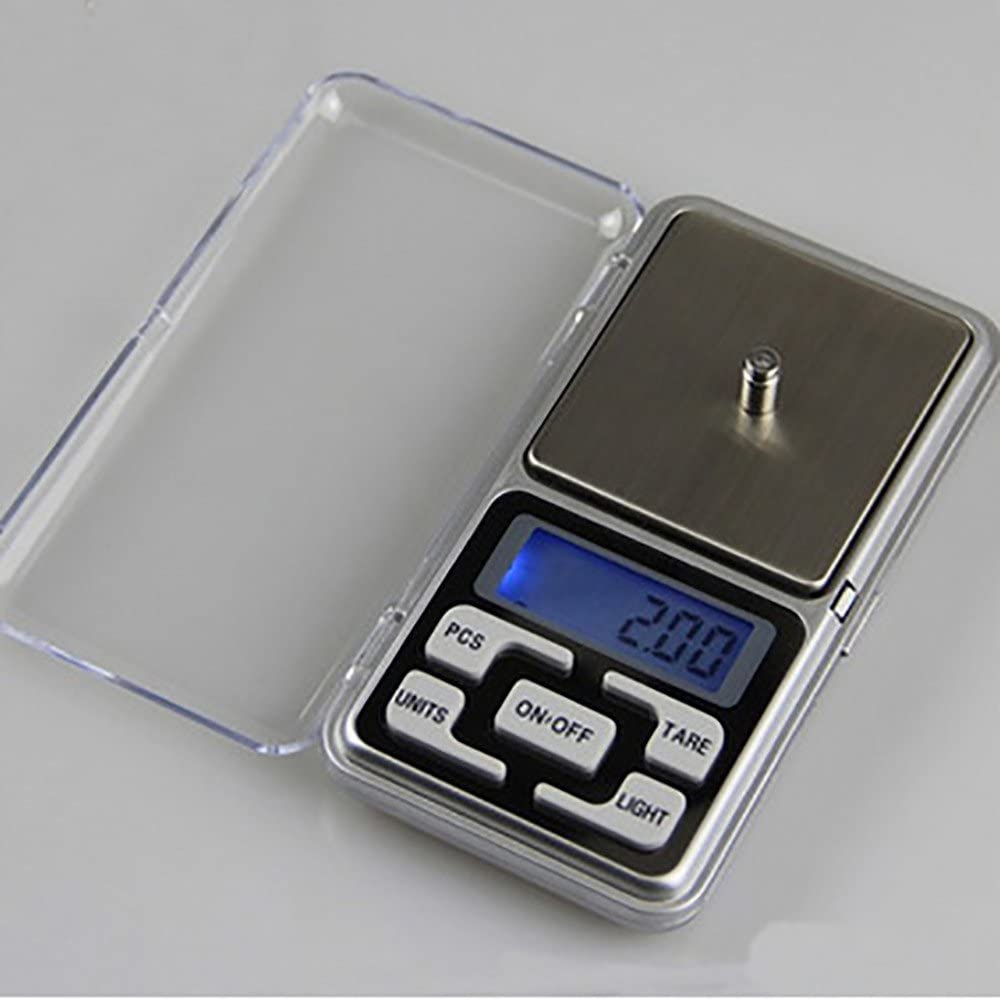
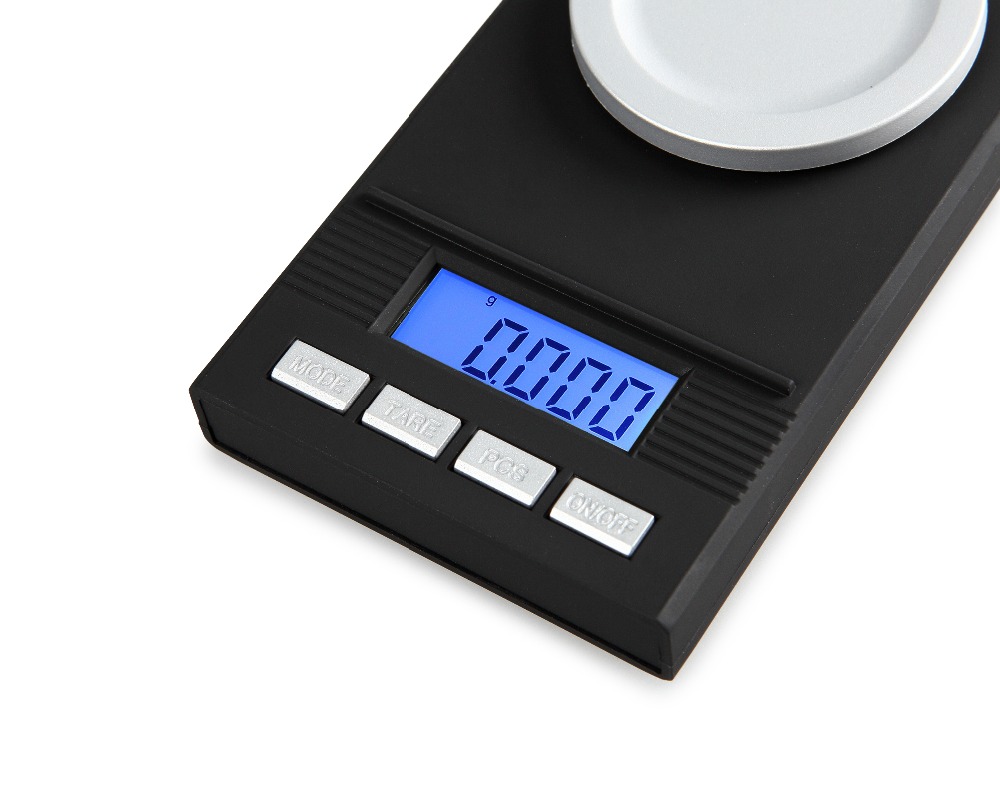
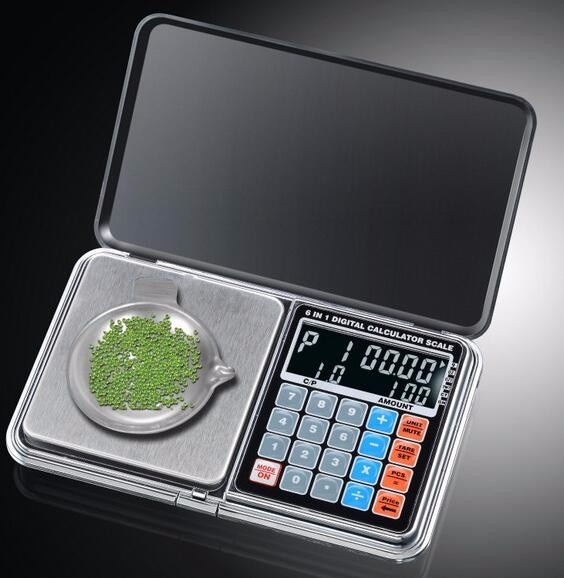

Closure
Thus, we hope this article has provided valuable insights into The Power of Precision: Understanding Jewelry Price Calculators. We appreciate your attention to our article. See you in our next article!
